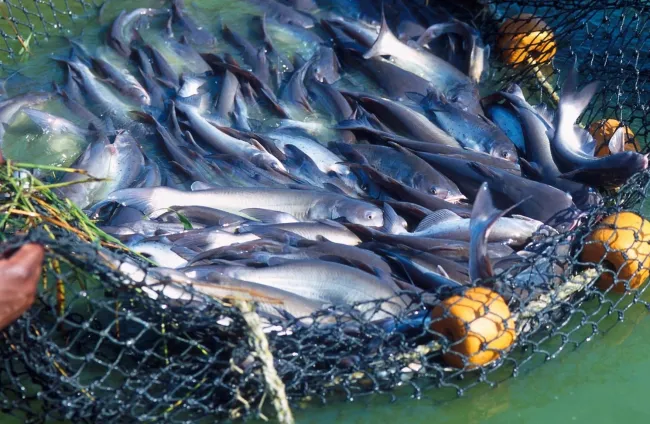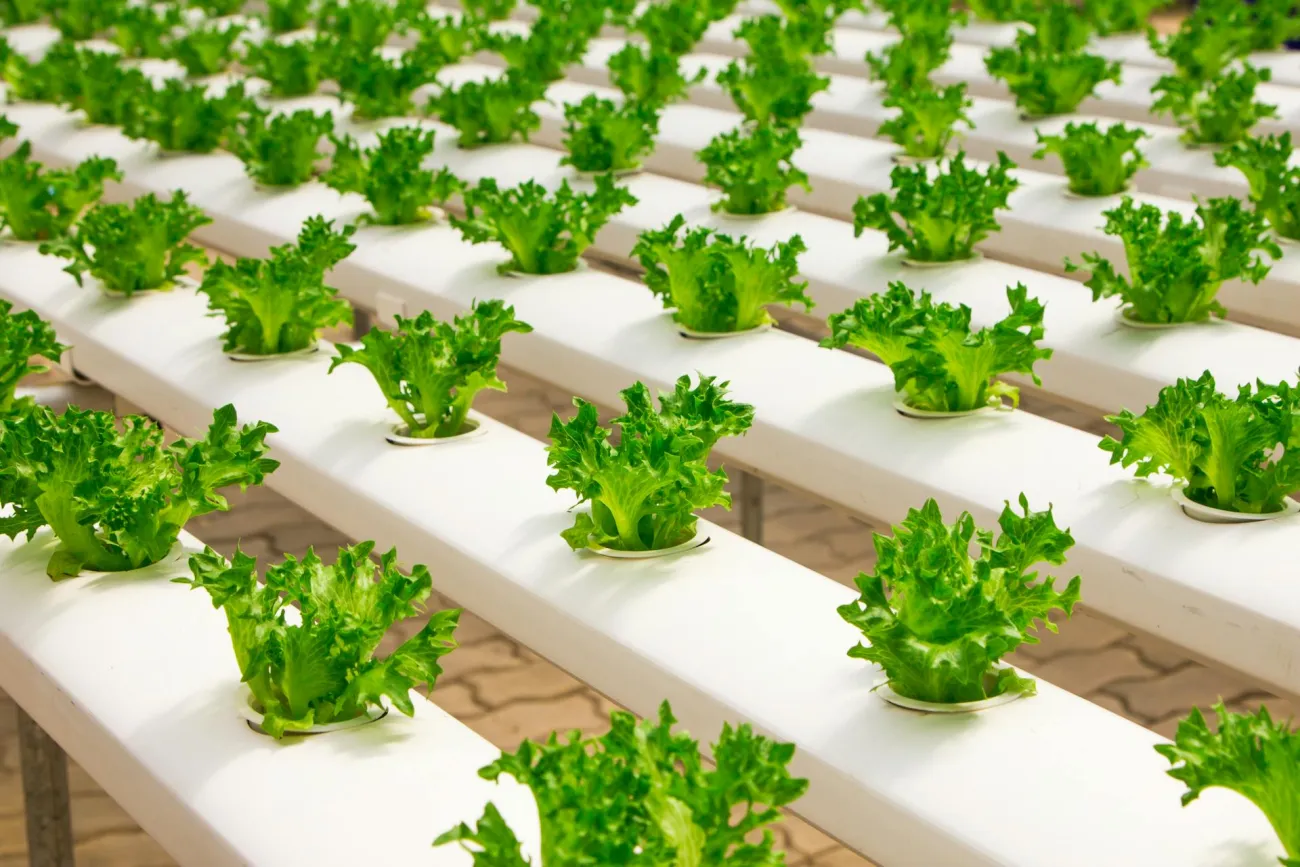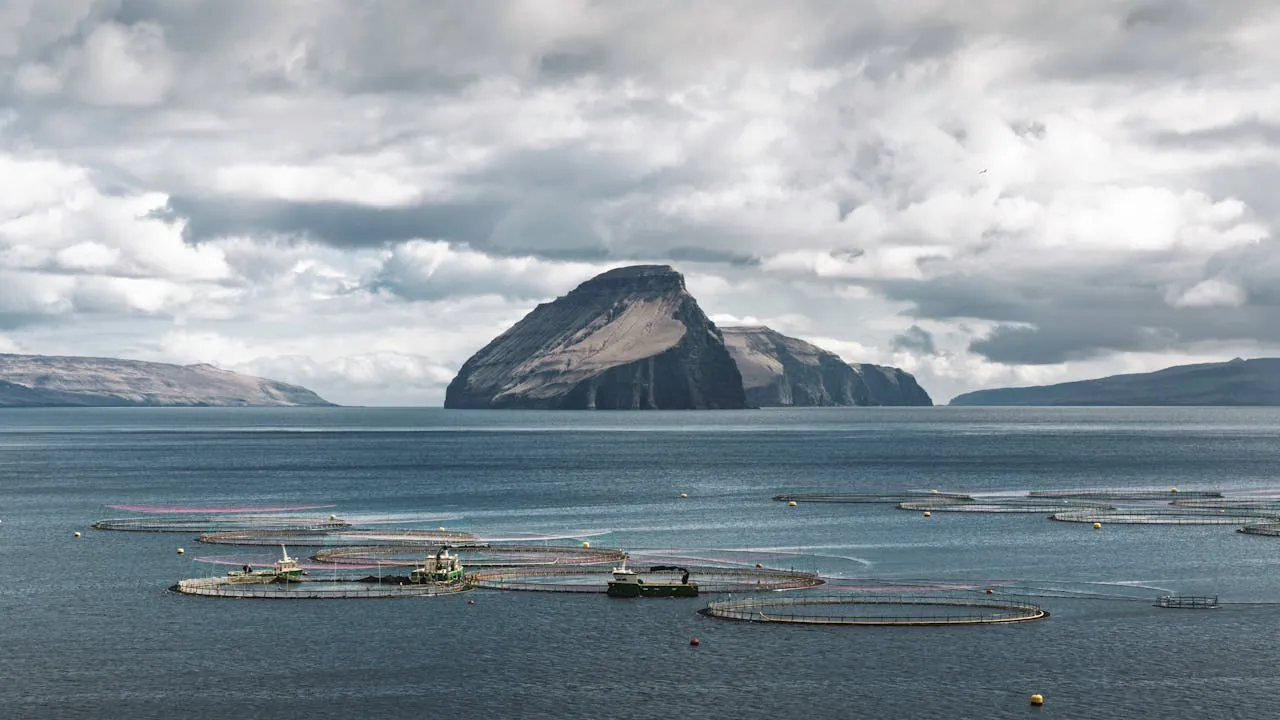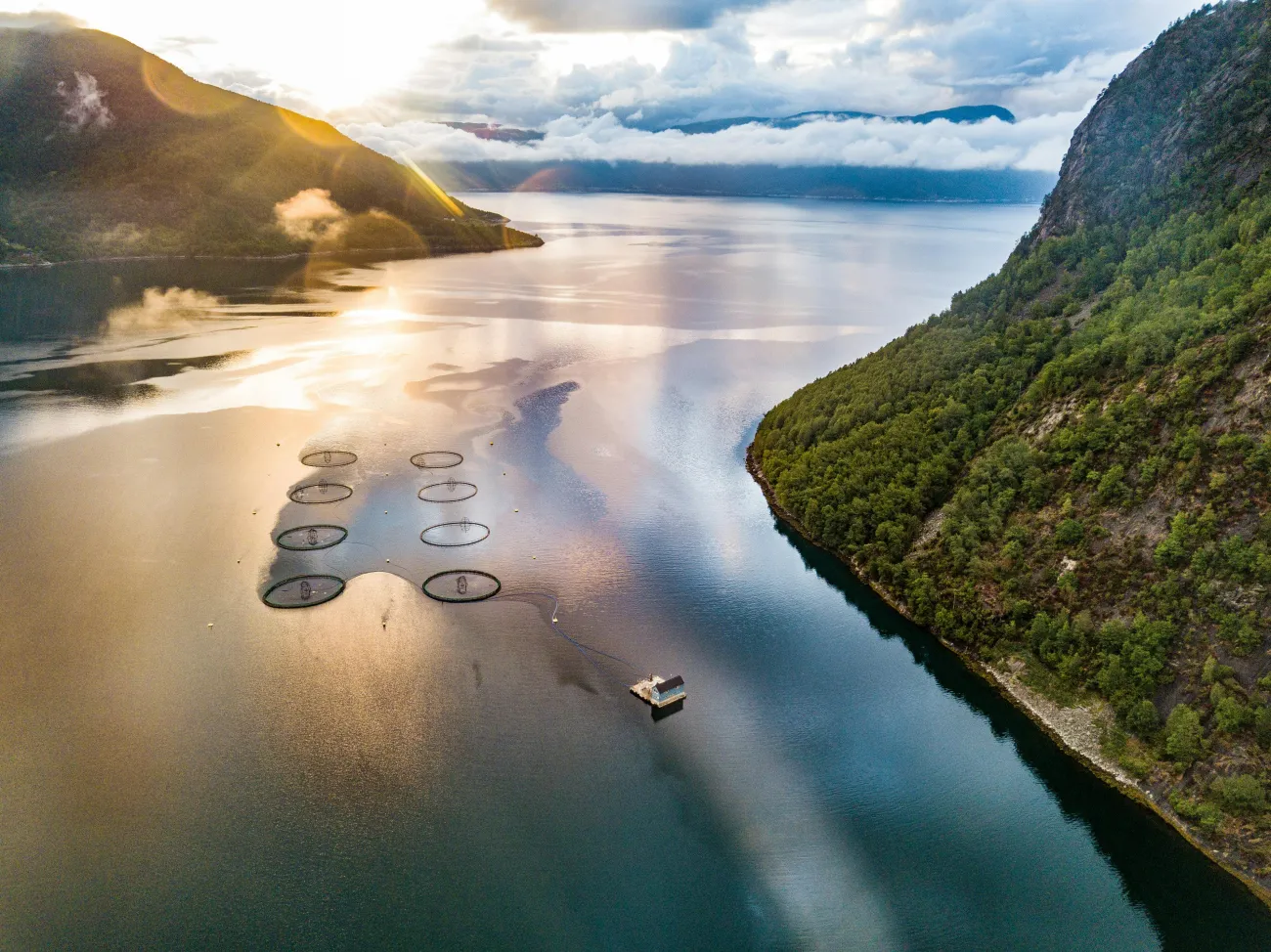This paper, co-authored by FCRN member David Little, sets out four scenarios for the global future of aquaculture - food sovereignty, blue internationalism, aqua-nationalism and aquatic chicken - and discusses how each scenario could affect human wellbeing and environmental health.

The four scenarios are illustrated in the figure below. The vertical axis represents type of economic development, ranging from the pursuit of continued economic growth to a “Doughnut Economics”-type model that seeks to operate within environmental limits. The horizontal axis represents the geographical span of supply chains, ranging from regionalised to globalised aquaculture systems.

 Image: Figure 1, Gephart et al. Visual representation of the two selected axes and four resulting scenarios.
Image: Figure 1, Gephart et al. Visual representation of the two selected axes and four resulting scenarios.
Abstract
Global demand for freshwater and marine foods (i.e., seafood) is rising and an increasing proportion is farmed. Aquaculture encompasses a range of species and cultivation methods, resulting in diverse social, economic, nutritional, and environmental outcomes. As a result, how aquaculture develops will influence human wellbeing and environmental health outcomes. Recognition of this has spurred a push for nutrition-sensitive aquaculture, which aims to benefit public health through the production of diverse, nutrient-rich seafood and enabling equitable access. This article explores plausible aquaculture futures and their role in nutrition security using a qualitative scenario approach. Two dimensions of economic development – the degree of globalisation and the predominant economic development philosophy – bound four scenarios representing systems that are either localised or globalised, and orientated toward maximising sectoral economic growth or to meeting environmental and equity dimensions of sustainability. The potential contribution of aquaculture in improving nutrition security is then evaluated within each scenario. While aquaculture could be “nutrition-sensitive” under any of the scenarios, its contribution to addressing health inequities is more likely in the economic and political context of a more globally harmonised trade environment and where economic policies are oriented toward social equity and environmental sustainability.
Reference
Gephart, J.A., Golden, C.D., Asche, F., Belton, B., Brugere, C., Froehlich, H.E., Fry, J.P., Halpern, B.S., Hicks, C.C., Jones, R.C., Klinger, D.H., Little, D. C., McCauley, D. J., Thilsted, S. H., Troell, M. and Allison, E. H., 2020. Scenarios for global aquaculture and its role in human nutrition. Reviews in Fisheries Science & Aquaculture, pp.1-17.
Read the full paper here. See also the video David Little, Aquaculture, Food Security and the Marine Environment in the Foodsource video library.




Comments (0)